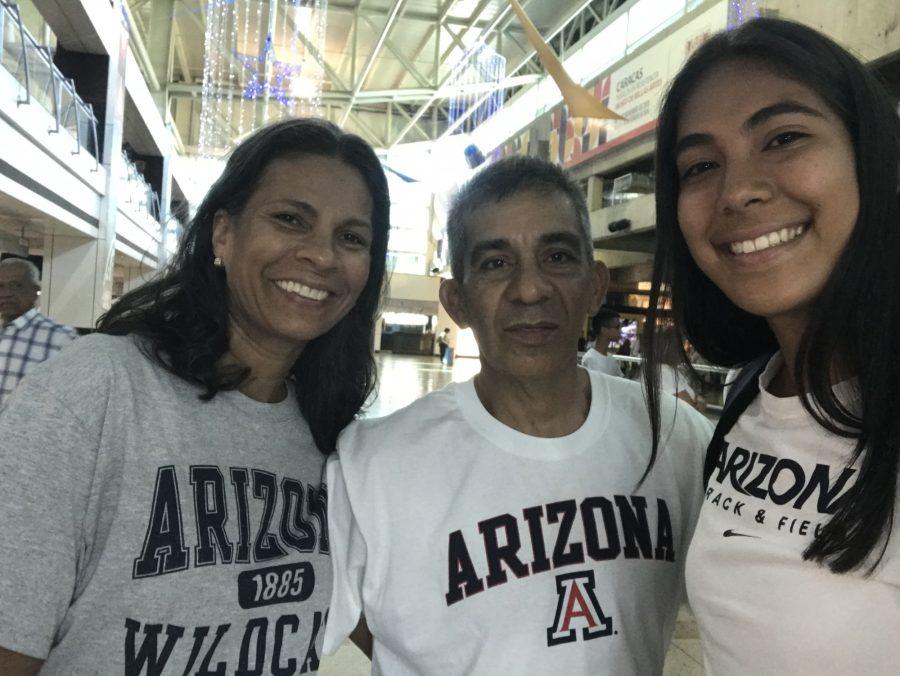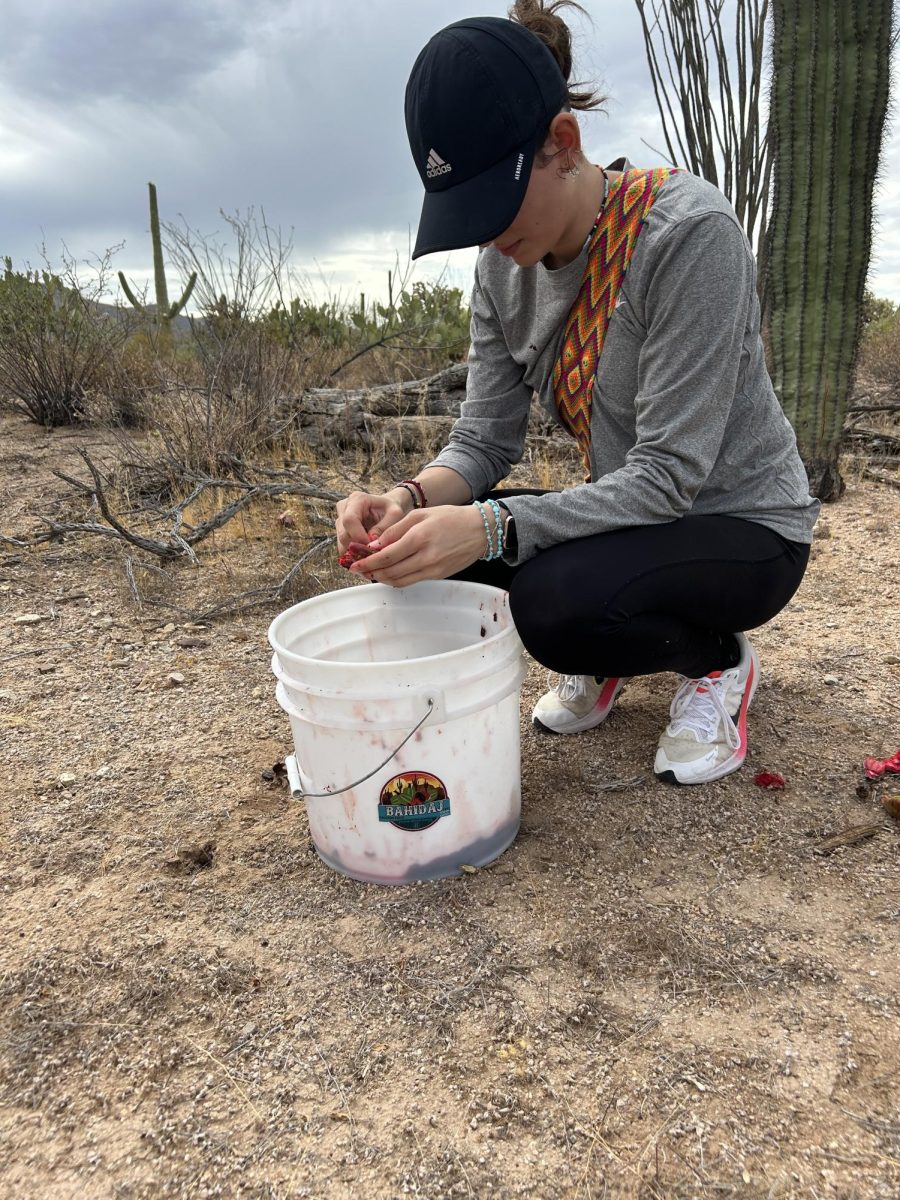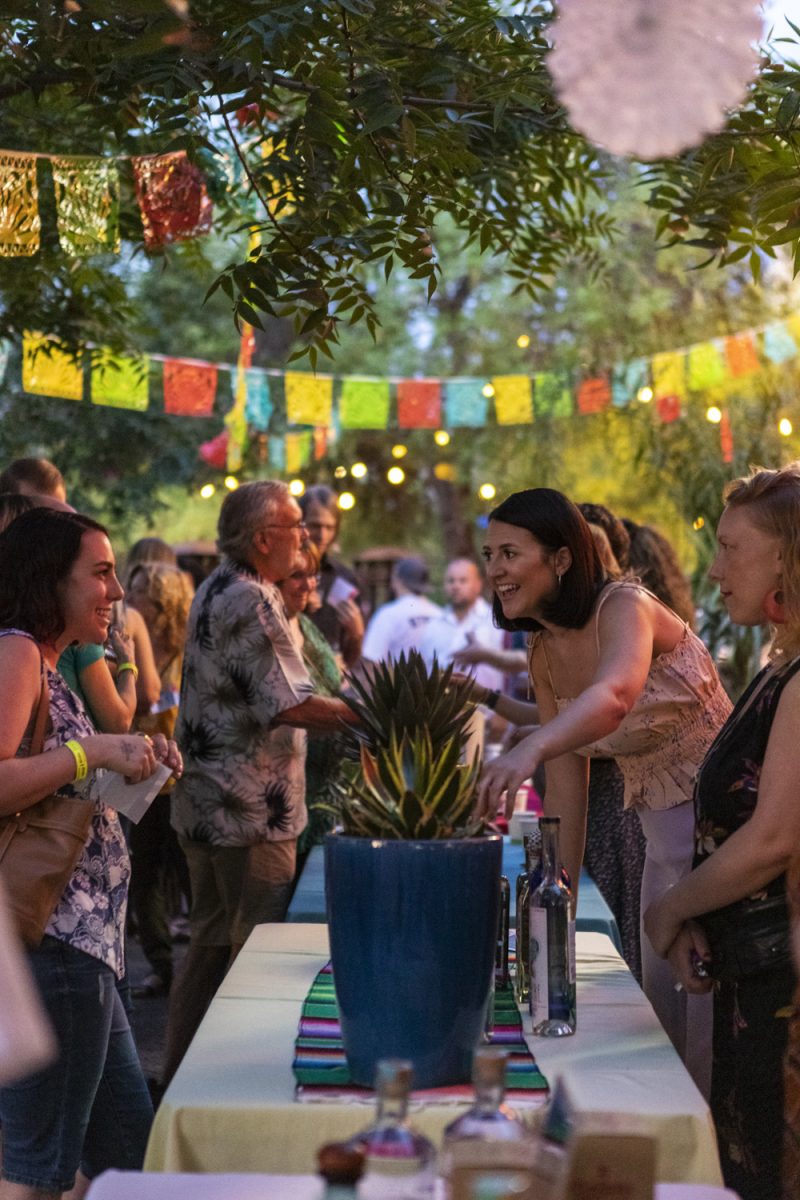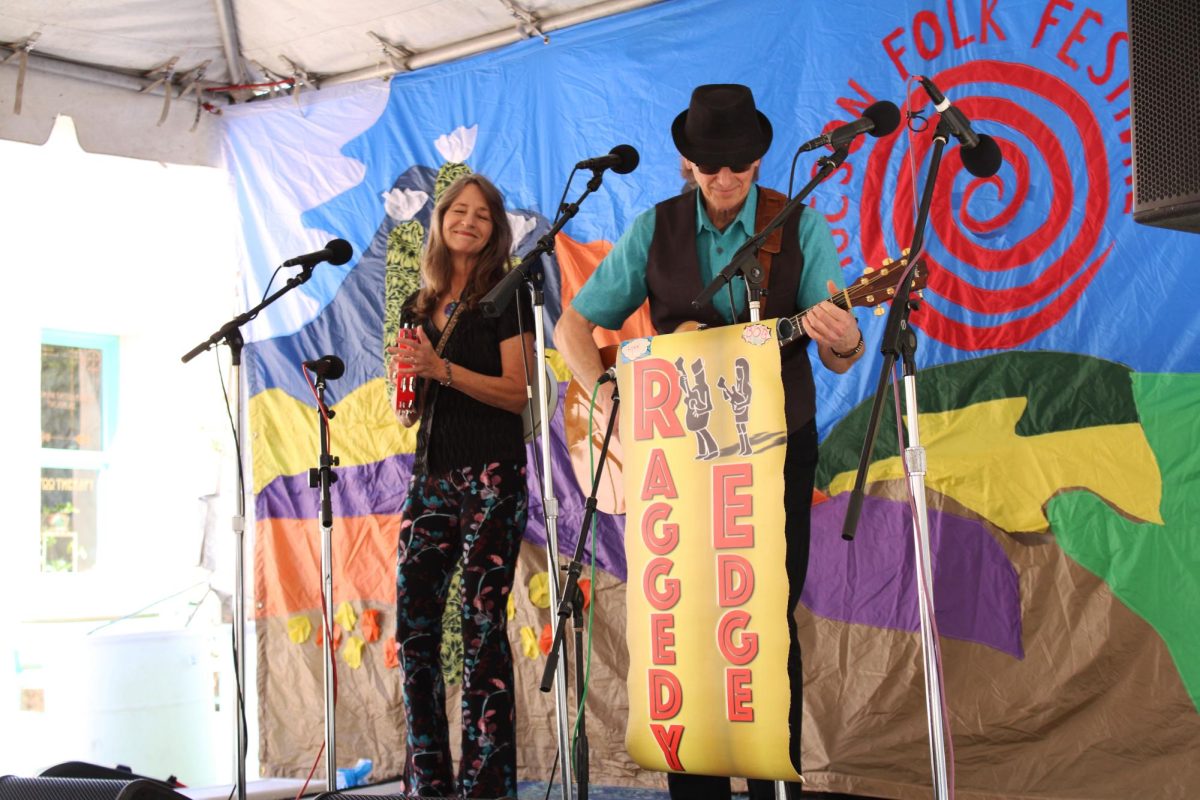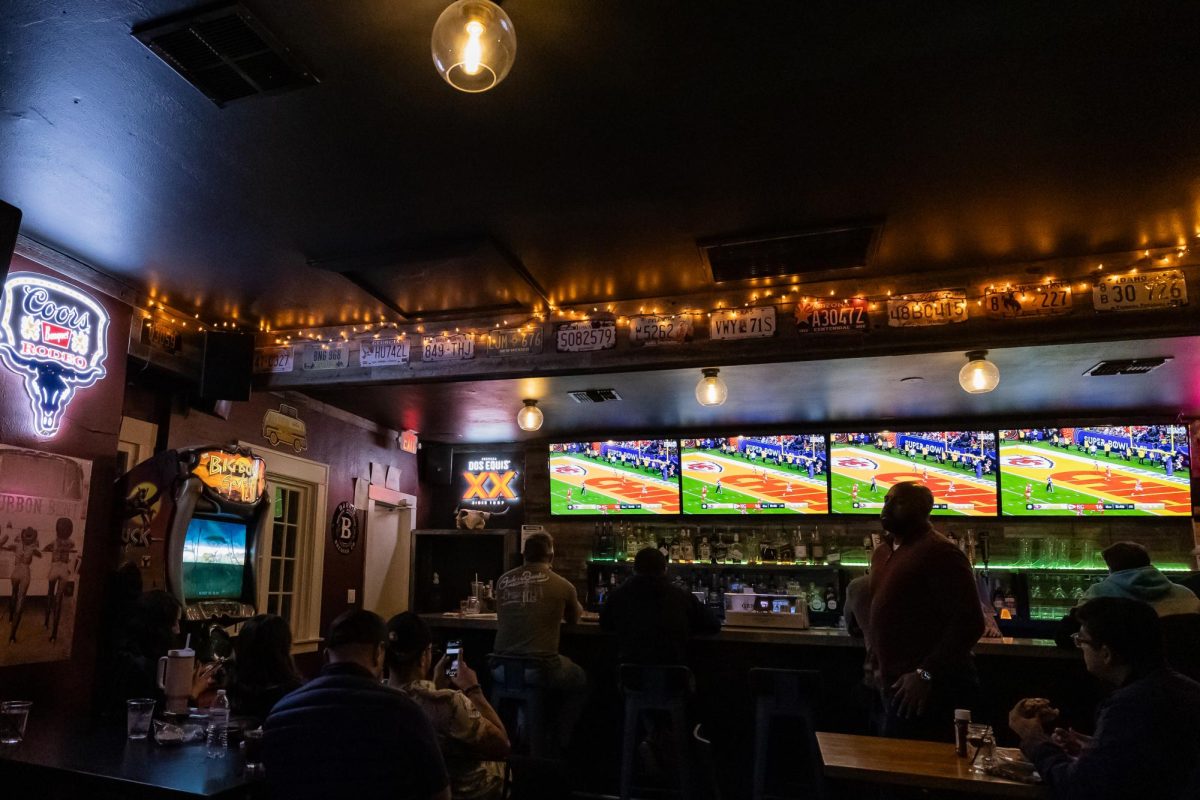Classes are over, which means winter break is here. It is that time of the year where students go back home to spend the winter holidays season with their loved ones, but for many international students in the United States, this is not the case.
People’s Christmas and New Year plans were affected due to the spread of COVID-19 separating families from being together. If being in a different country isn’t already a challenge, in the United States, many international students are additionally stuck without the option of going home. It isn’t ideal, but it is the reality of many. At the University of Arizona, for example, there are more than 4,000 international students.
The holidays are often for spending time with family and close friends. People get together with their loved ones to share a meal, a drink, a moment that will stay in the books. The celebration of Christmas and New Years are among the most important holidays of the year to many, at least for my family.
For 21 years, I was at home helping my mom with cooking Venezuelan traditional Christmas food and helping my dad put up Christmas decorations. I am 22 years old now, and this year will be my first year spending Christmas and New Years without my family due to an expired passport and a lengthy passport renewal process in Venezuela.
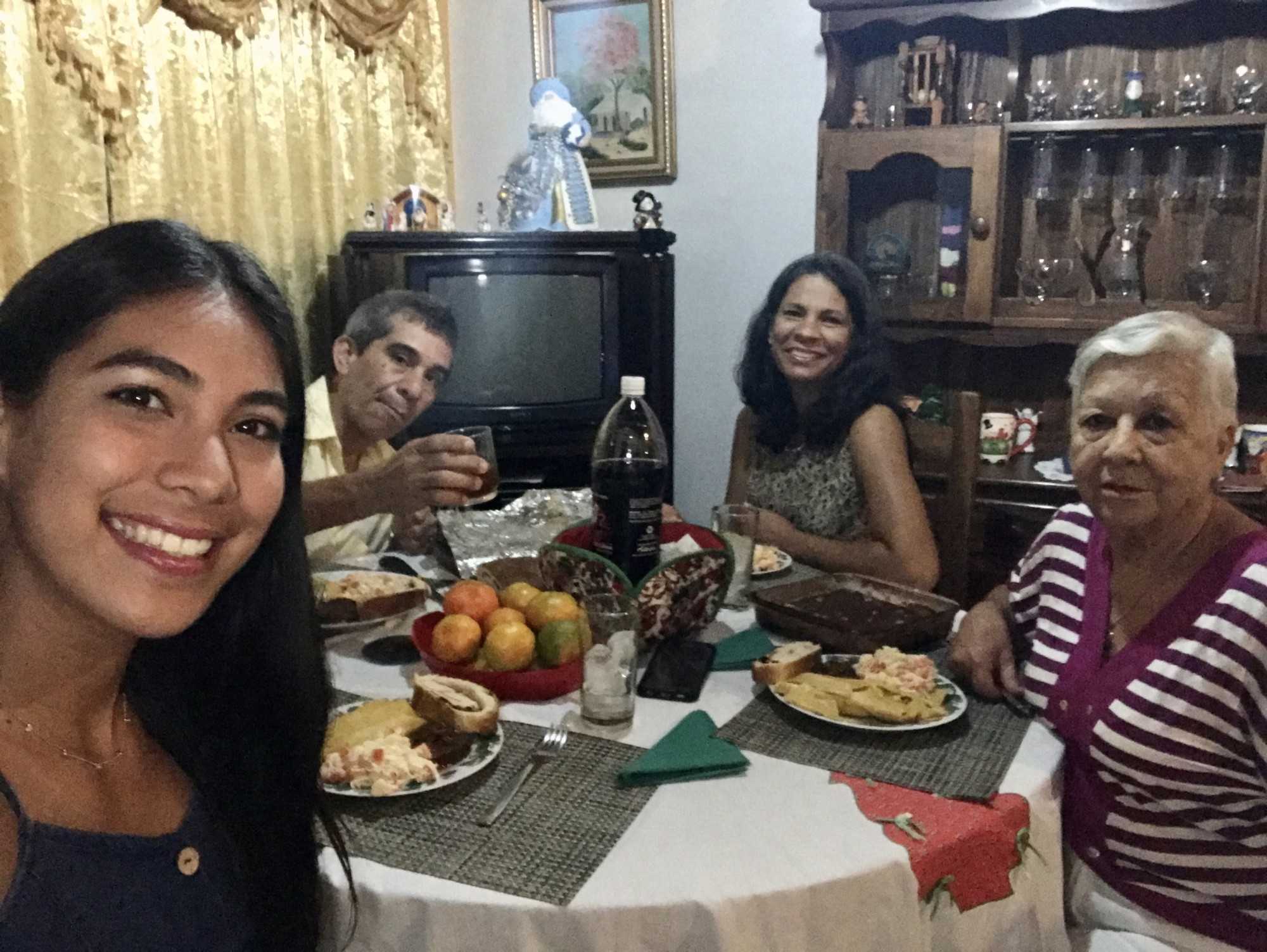
Personally, knowing that I won’t be able to eat the warm homemade food by my mom is heartbreaking. This year, many tables will be incomplete with empty seats of people who couldn’t travel to meet with their families. In the middle of a pandemic, making friends was almost impossible, but international students would have to rely on people they have recently met for the holidays. Online classes added another layer of difficulty since the possibilities of making friends are lower.
People from the United States already have a life in here. They have a family, friends, etc. This is their home. During the holiday season, many of them could go home to be with their families and friends. The cases of many international students were not like that. Many Americans don’t feel the same necessity of making friends as much because they already have friends here. They don’t feel the same necessity of bringing people to their groups because they already have one. On the other hand, for international students, making friends and creating a community are necessities because we are alone.
Since I got to the UA in January 2019, I have made more international friends than American friends. The reason? International students understand other international students. It doesn’t matter where you are from. International students share one thing in common: they are all far away from home. Whatever the reason — increasing of flight tickets, expired passports or COVID-19 risk of exposure — the truth is that the last days of this year will be different for many.
Staying in the U.S. is the safety card to play for many international students. Traveling overseas implies a risk of exposure to COVID-19 and many countries are requiring mandatory quarantine after arrival. So even if you travel, you could stay around 10-14 days isolated from your family. The options are limited, so staying in Tucson might best the best card for some international students to play for the holidays.
Even if you don’t celebrate Christmas or New Year, the last two weeks of the year are typically to be with family members or friends. No one should spend the holidays by themselves, so if you know an international student, invite them to spend the holidays with you in a safe way; you might be saving a person from being alone during the holidays. This time of the year is a good chance to practice compassion with those who need it more because one thing is for sure: this December will be a lot different than any other.
Remember, some people haven’t seen their families in more than a year, so be compassionate during this holiday season.
Follow Diana Ramos on Twitter



